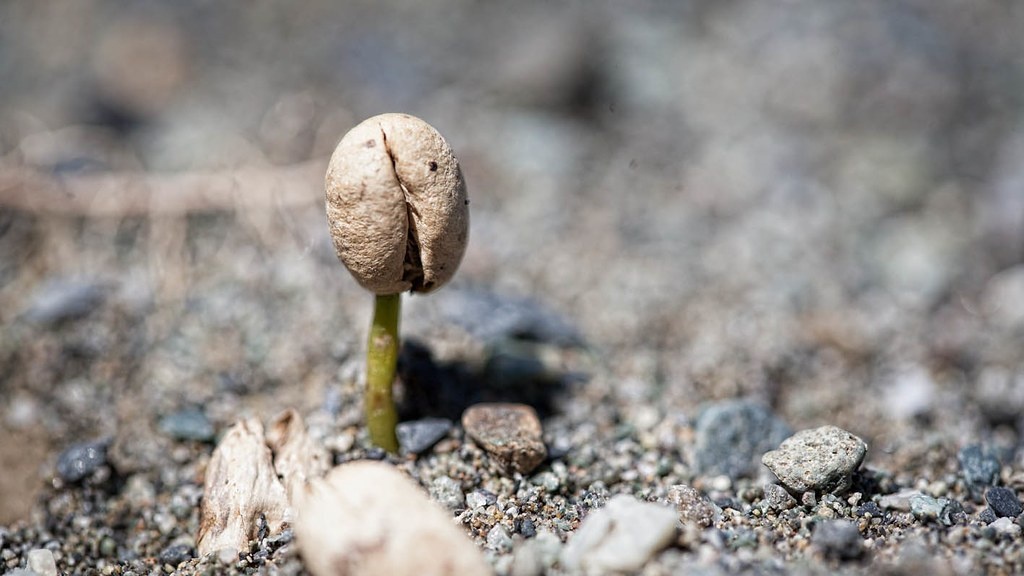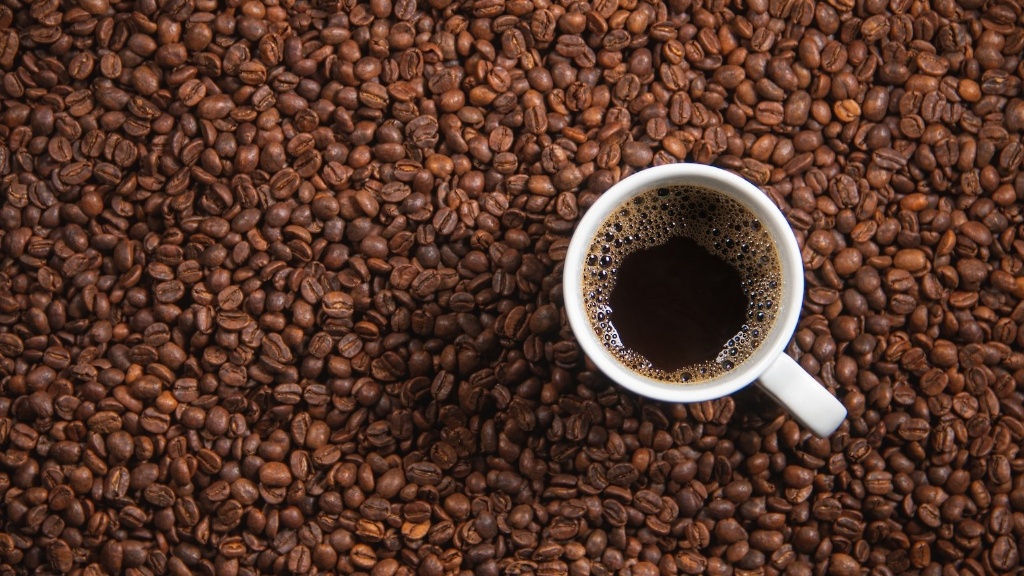Effects of Caffeinated Beverages on Athletic Performance
Coffee is one of the most popular beverages in the world, and is widely consumed on a daily basis. But is it OK to consume a cup of coffee before a run? It is important to understand the effects caffeine has on the body and performance when considering pre-workout nutrition plans.
Caffeine is the most widely consumed psychoactive substance in the world and is known for its energy-boosting effects, making it an attractive option for athletes. Caffeine not only has the capability to improve mental alertness but also has the potential to increase physical performance as well.
The generally accepted dose of caffeine to increase performance is approximately 3–9 mg/kg body weight. Research has shown that consumption of caffeine prior to exercise can result in improved performance by increasing mental alertness, strength and endurance. Studies also suggest that by increasing fat oxidation, caffeine can also help athletes increase their aerobic capacity.
Despite these effects, it is important to be careful when consuming caffeine before running or any physical activity, as excessive consumption can lead to dehydration, dizziness, nausea, restlessness and insomnia. A safe limit for intake of caffeine before physical activity is 400 milligrams; however, it is recommended that those who are sensitive to caffeine start with a lower dose and gradually increase it depending on how their body reacts.
In addition to being aware of the side effects, it is important to be aware of the timing of caffeine consumption. Generally, it is recommended that caffeine be consumed 1–2 hours prior to exercise as it takes approximately 45 minutes to one hour for the body to process the caffeine.
Benefits of Caffeine Intake Before Running
Caffeine has been known to enhance the performance of runners by increasing their reaction time and improving their endurance. Several studies have shown that caffeine intake before running or any exercise can result in improved performance by increasing mental alertness and strength.
The most notable effects of caffeine are increases in energy and alertness that can help runners focus on their performance. Caffeine can also reduce the perception of effort and fatigue during exercise, allowing runners to finish their workouts with improved results. Furthermore, caffeine also has a positive effect on fat metabolism, allowing for greater use of fat for energy, thus resulting in greater endurance.
In addition, caffeine has been found to increase insulin sensitivity, which could lead to improved glucose uptake and supply to muscles. This could help the runner to remain quick on their feet, even during long runs, while maintaining their pace.
It is important to note that while studies have shown an increase in performance when caffeine is consumed before running, it is not advisable to rely solely on caffeine for physical activity. Instead, it is best to use it as an added supplement with an overall healthy diet.
Cons of Caffeine Intake Before Running
Caffeine is known to have a diuretic effect, meaning it increases urine production. This can lead to dehydration and electrolyte loss, which can be particularly dangerous for athletes. Excessive amounts of caffeine can also result in restlessness, jitteriness, and insomnia, all of which can hinder a runner’s performance.
In addition, caffeine can lead to an increase in blood pressure and heart rate, which can be dangerous for those with pre-existing heart conditions. It is important for athletes to speak to their doctor before taking any pre-exercise supplement, especially those containing caffeine.
Finally, it is important to be aware that the effects of caffeine on performance can vary from one person to another. While it may improve the performance of some runners, it may not have the same effect on others.
Tips while Consuming Caffeine Before Running
If you are considering taking caffeine before running, it is important to keep several things in mind. The first is to start with smaller doses and work your way up to avoid any negative effects.
It is also important to consider what type of caffeine you are consuming. Generally, coffee is safer than energy drinks as it has fewer ingredients and sugar. It is also important to be aware of the timing of intake. Caffeine should be consumed 1–2 hours prior to the activity to give it time to take effect.
Finally, it is important to remember that caffeine is only one component of healthy pre-exercise nutrition. Consuming a balanced diet, staying hydrated and getting enough rest are all important factors for a successful workout.
Advantages of Drinking Coffee Before Running
For those looking to take the edge off of their runs, coffee can be a great pre-workout beverage. Caffeine is known to improve alertness and reaction time, which can help runners be more focused during their workouts. Additionally, caffeine can help runners increase their endurance, allowing them to last longer and push harder during their runs.
Caffeine has also been found to help reduce perceived effort while running, allowing runners to stay motivated and reduce the risk of giving up. Finally, coffee can help to reduce muscle fatigue and soreness after a run, allowing runners to recover faster and stay consistent in their training.
Drawbacks of Drinking Coffee Before Running
While coffee can be a great option for pre-exercise nutrition, it is important to be aware of the associated risks. Caffeine can cause jitteriness, restlessness and an inability to concentrate if taken in excessive quantities. It is also important to keep in mind that some people may be more sensitive to caffeine than others, and thus may react differently.
In addition, coffee has a diuretic effect which could lead to dehydration and electrolyte imbalance. This can be especially dangerous for athletes and should be taken into consideration when deciding to take caffeine prior to exercise.
Alternatives to Drinking Coffee Before Running
For those looking for an energy boost before their runs, there are several alternatives to coffee. Some options include green tea, dark chocolate, and energy gels. Green tea and dark chocolate contain smaller amounts of caffeine but can still provide the necessary energy boost.
Energy gels are a popular option for athletes as they provide quick-release energy and can be easily stored during a workout. There are also several natural energy supplements available, such as guarana, ginseng and maca root, that can be taken before a run.
It is important to remember that these alternatives should be taken with caution and in moderation. Not all supplements and stimulants will have the same effect on everyone, so it is important to understand how your body responds to different products.
Conclusion
It is important to understand the effects of caffeine on the body and performance when considering what to eat and drink before a run. While caffeine can improve mental alertness and physical performance, it is important to be aware of the associated risks and pay attention to your body’s reaction. Caffeine should be taken in moderation and making sure to have a balanced diet and enough rest is paramount for a successful workout.





